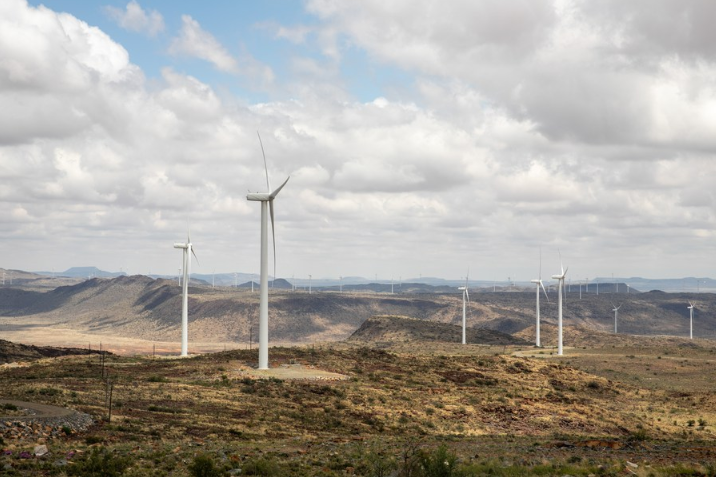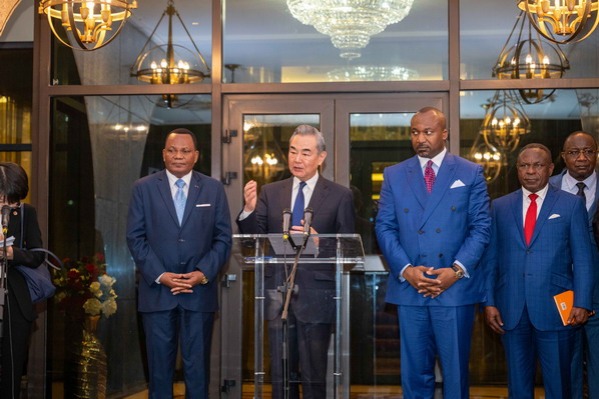Trump talks tougher on tariff plan

US President Donald Trump said on Monday he is not backing down from the steel and aluminum tariffs he announced last week despite mounting pressure from home and abroad.
US House Speaker Paul Ryan said he was "extremely worried" about the impact of a trade war, adding that it could undermine economic gains created by the new tax reduction program.
A statement from his office said: "The new tax reform law has boosted the economy, and we certainly don't want to jeopardize those gains."
However, Trump was in bullish mood during a meeting with visiting Israeli Prime Minister Benjamin Netanyahu in the Oval Office, telling reporters: "We're not backing down."
But Trump also said: "I don't think you're going to have a trade war."
Trump said on Thursday that he will sign measures this week to impose 25 percent on steel imports and 10 percent on aluminum imports to protect domestic industries, under Section 232 of the US Trade Expansion Act of 1962 that determines whether imports pose a national security threat.
The announcement, applauded by US steel and aluminum producers, has triggered widespread concern of a possible war with US trade partners.
Republican Senators, such as Orrin Hatch of Utah and Ben Sasse from Nebraska, have criticized the tariffs as a tax on US consumers.
Roberto Azevedo, director-general of the World Trade Organization, has reiterated his concern over possible retaliation.
"Once we start down this path, it will be very difficult to reverse direction. An eye for an eye will leave us all blind and the world in deep recession. We must make every effort to avoid the fall of the first dominoes," he told a meeting on Monday.
French President Emmanuel Macron echoed Azevedo's call saying the new tariffs would violate WTO rules.
On Monday, Trump again blasted US trade partners for taking advantage of his country. But he indicated that if Mexico and Canada give a fair deal in renegotiating the North American Free Trade Agreement, he may exempt them from the tariffs.
The latest round of talks to revamp NAFTA ended in Mexico City on Monday on a mixed note, with the US calling the progress not good enough but Mexico remaining upbeat.
US Trade Representative Robert Lighthizer said only six of NAFTA's 30 chapters have been closed so far and they "have not made the progress many had hoped".
Trump also said that he would tax cars from the European Union if they retaliated against his tariffs.
The EU has announced that it would adopt retaliatory measures, such as tariffs on bourbon and Harley-Davidson motorcycles, as well as filing a legal case at the WTO, Xinhua reported.
Japan on Tuesday stuck to its low-key approach to the tariffs, reflecting a desire to keep trade fights from hurting security ties as well as lessons learned about how to deal with Trump.
Hiroshige Seko, minister of economy, trade and industry, repeated on Tuesday that Japanese steel and aluminum exports are not affecting US national security but are helping the country's economy.
"High-quality steel and aluminum exports from (US) ally Japan are not at all affecting US national security but rather are contributing to US employment and the economy," Seko said.
Xinhua and Reuters contributed to this story.

































